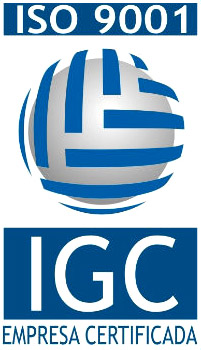The Feasibility Study of Human Umbilical Cord Tissue-Derived Mesenchymal Stem Cells in Patients With Multiple Sclerosis is a clinical trial that aims to assess the safety and efficacy of allogeneic umbilical cord mesenchymal stem cells (UC-MSC) administered to 20 patients with MS. The study started in January 2014 and is estimated to be completed by August 2017. The primary objective of the trial is freedom from treatment-associated adverse events at 4, 12, and 52 weeks post-treatment. The secondary objective is efficacy, which will be assessed at baseline, week 12, and 52. Efficacy will be quantified based on neurological assessment of the MS functional composite assessment, which comprises of Expanded Disability Status Scale (EDSS), the expanded EDSS, the Scripps neurological rating scale (NRS), paced auditory serial addition test (PASAT), the nine-hole peg test, and 25-foot walking time. Short-form 36 (SF-36) quality of life questionnaire and gadolinium-enhanced MRI scans of the brain and cervical spinal cord will also be performed at the indicated time points. The study is open to patients aged 18 to 55 years old who have MS according to the revised McDonald criteria and meeting the Poser criteria for clinically defined MS. Patients with evidence of active proliferative retinopathy, poorly controlled diabetes mellitus, renal insufficiency, or infection are excluded from the study. The study is sponsored by the Tisch Multiple Sclerosis Research Center of New York and is being conducted at the center’s facilities.
